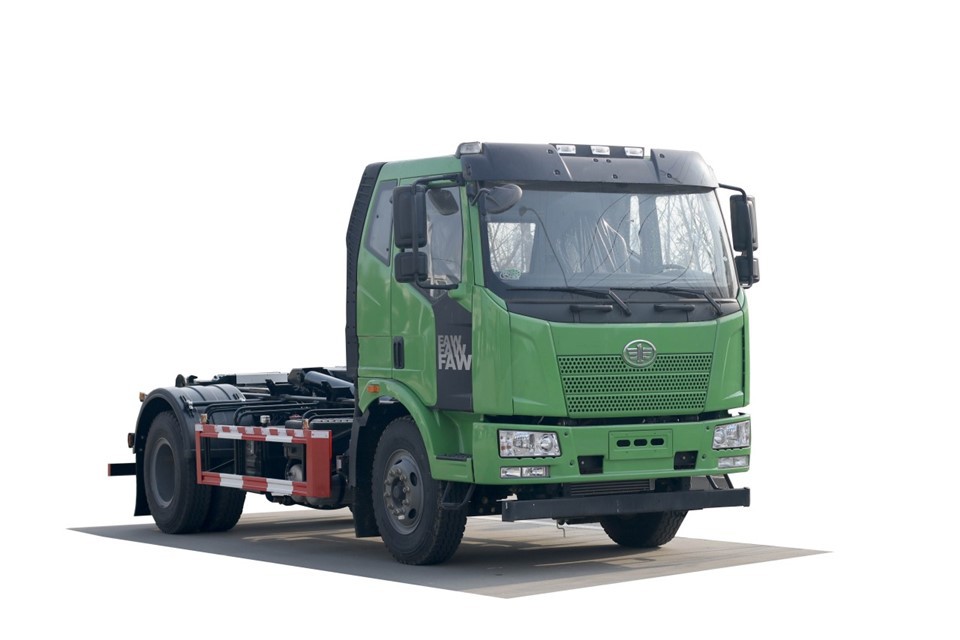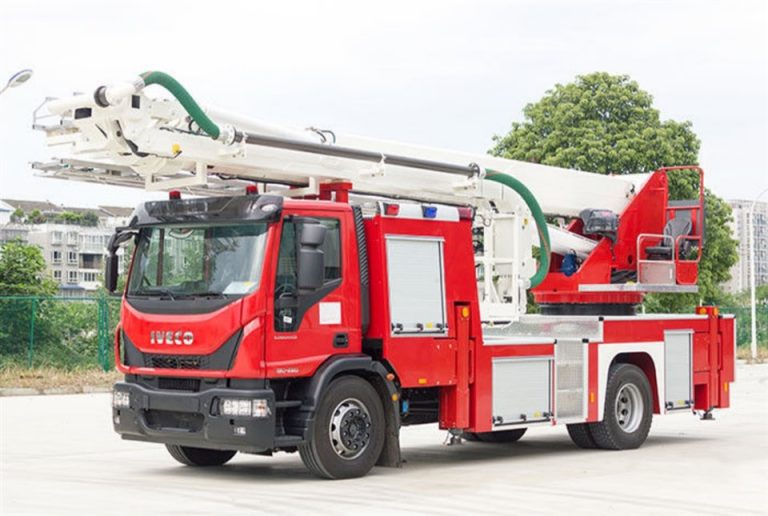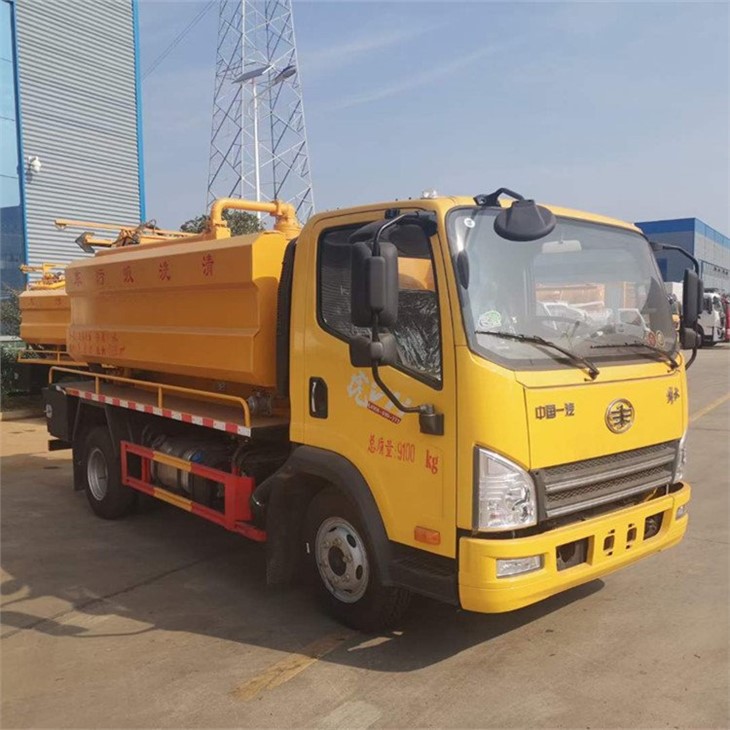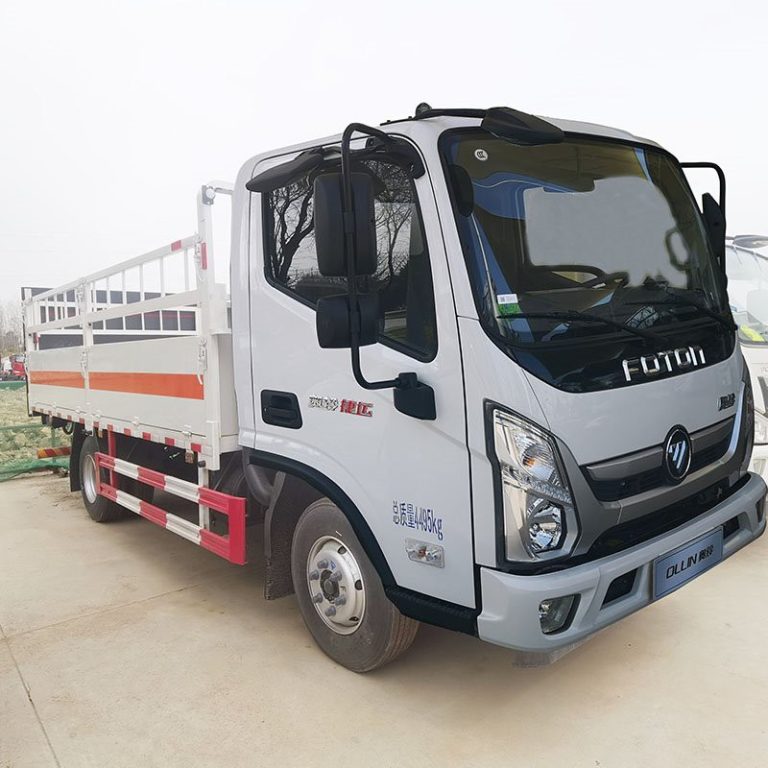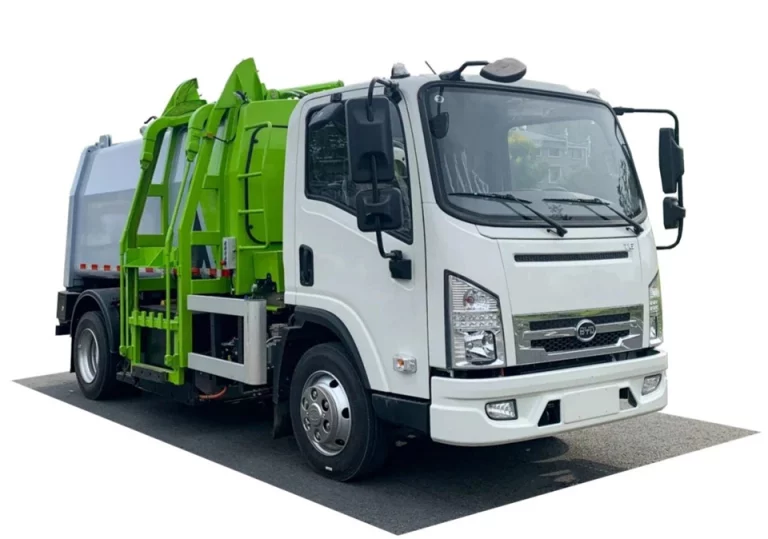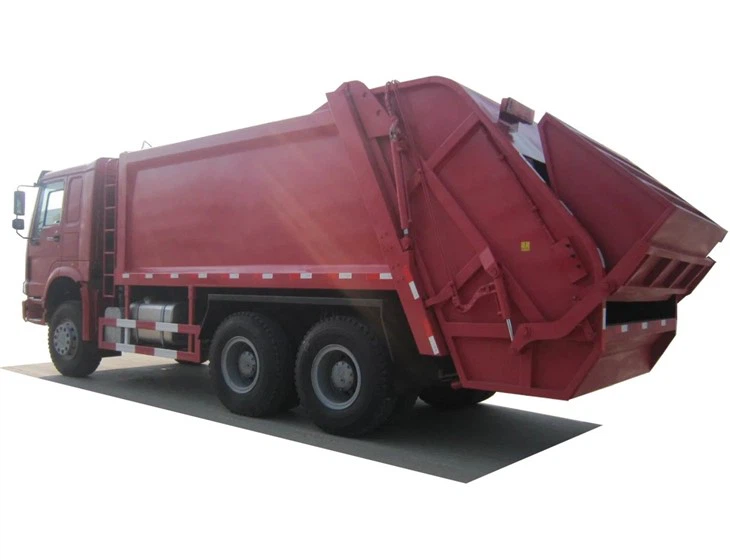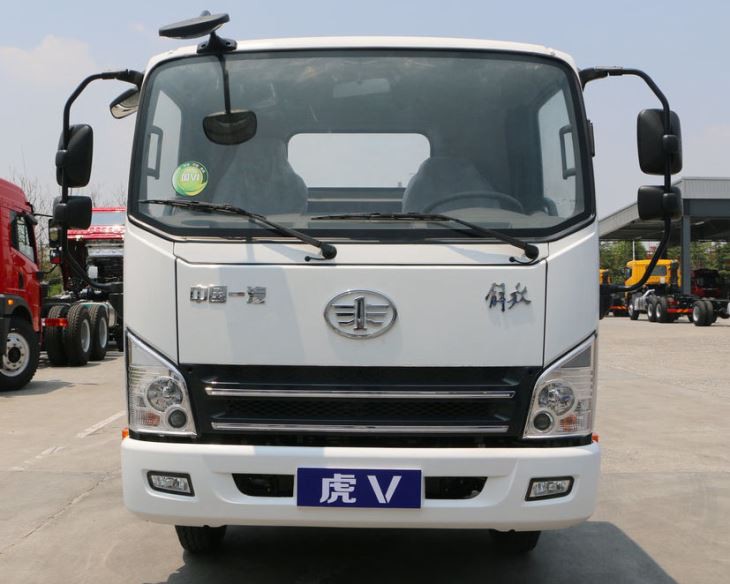Garbage trucks are essential for waste management and collection in urban and rural areas alike. But have you ever wondered how much they cost? This article will break down the various factors influencing garbage truck prices and provide insights into what you can expect when making a purchase.
Factors Affecting the Cost of Garbage Trucks
1. Type of Garbage Truck
The type of garbage truck significantly affects the overall cost. There are various types including:
- Rear-Loader Trucks: Typically used for residential waste collection.
- Front-Loader Trucks: Best for commercial waste, featuring a hydraulic arm to lift dumpsters.
- Side-Loader Trucks: Designed for efficient pick-up along city streets.
- Compactors: Ideal for maximizing waste storage, often used in urban environments.
2. New vs. Used Trucks
The condition of the truck also impacts the price significantly:
- New Trucks: On average, new garbage trucks can range from $250,000 to $500,000 depending on their specifications and features.
- Used Trucks: The cost can vary widely from $30,000 to $150,000, depending on age, condition, and maintenance records.
3. Specifications and Features
Advanced features such as automated collection systems, GPS navigation, and safety technologies can add to the truck’s cost. Here are some key features that can influence pricing:
- Automated arms for collection
- Enhanced safety features like backup cameras
- Eco-friendly engines for reduced emissions
4. Manufacturer and Model
Different manufacturers and models come at different price points. Some of the leading manufacturers include:
| Manufacturer | Average Cost Range |
|---|---|
| Freightliner | $250,000 – $400,000 |
| Peterbilt | $300,000 – $450,000 |
| International | $200,000 – $350,000 |
5. Location and Demand
Your location and market demand can also impact prices. Areas with a high demand for waste management services may see inflated costs due to competition among buyers.
6. Financing and Leasing Options
Many businesses opt for financing or leasing garbage trucks to manage costs. Understanding the different options can help you save money in the long run:
- Financing: Allows ownership after payments; typically requires a deposit.
- Leasing: Lower monthly payments; no long-term commitment but no ownership at the end.
Cost Breakdown by Type of Garbage Truck
1. Rear-Loader Trucks
Rear-loaders range from $200,000 to $400,000 when new. The price may decrease significantly for used models.
2. Front-Loader Trucks
New front-loaders typically start from around $250,000 up to $500,000, depending on specifications.
3. Side-Loader Trucks
The cost of side-loaders generally falls between $300,000 and $450,000.
4. Compactor Trucks
Compactors are among the most expensive types, ranging from $350,000 to $600,000 when new.
Tips for Buying a Garbage Truck
1. Assess Your Needs
Before purchasing, evaluate your waste management needs. This includes the volume of waste generated, frequency of collection, and specific features required.
2. Explore Financing Options
Consult with financial advisors to choose the best financing options, considering interest rates and payment plans.
3. Research Manufacturers and Models
Do in-depth research on different models, their specifications, and user reviews to ensure reliability and efficiency.
4. Evaluate Maintenance Costs
Look into the average maintenance costs for the model you are considering. Some models may have higher long-term expenses.
5. Calculate Total Cost of Ownership
Include not only the purchase price but also insurance, fuel, and maintenance costs in your budget planning.
Understanding Garbage Truck Maintenance Costs
1. Routine Maintenance
Regular maintenance includes oil changes, tire rotations, and brake checks. Budget approximately $1,500 to $5,000 annually for routine upkeep.
2. Repairs and Parts Replacement
Set aside a repair fund for unexpected breakdowns, which can vary widely but might average between $500 to $2,000 per year.
3. Fuel Costs
Fuel efficiency can vary across different model types, affecting your overall operational budget. Average fuel costs can range from $10,000 to $30,000 annually depending on usage.
Financing Options for Garbage Trucks
1. Traditional Loans
Bank loans are commonly used for purchasing garbage trucks, usually requiring a good credit score and some form of collateral.
2. Equipment Financing
This financing type is specifically for purchasing equipment, allowing payments to be made over time while using the truck.
3. Lease-to-Own Financing
A hybrid option that allows the buyer to lease the truck with the option to buy it at the end of the lease term.
4. Government Grants and Programs
Check for local and state government programs that might offer grants or subsidies for purchasing eco-friendly or new waste management vehicles.
Conclusion
Understanding how much a garbage truck costs involves considering various factors such as type, condition, features, and financing options. Armed with the right information, you can make a well-informed decision that meets your waste management needs.
FAQs
1. What is the average lifespan of a garbage truck?
The average lifespan is typically around 10-12 years, depending on usage and maintenance.
2. Are used garbage trucks a good option?
Used trucks can be a cost-effective solution if they’ve been properly maintained and come with solid warranties.
3. How do maintenance costs compare between new and used garbage trucks?
New trucks may have lower initial maintenance costs due to warranties, while used trucks might incur higher costs depending on their age and service history.
4. What financing options are available for small businesses looking to purchase a garbage truck?
Small businesses can explore traditional loans, equipment financing, and government grants or leasing options.
5. How often should garbage trucks undergo maintenance?
Routine maintenance should typically occur every 5,000 miles or every six months at a minimum.
6. Can garbage trucks be customized?
Yes, many manufacturers offer customization options to tailor the truck to specific waste management needs.
